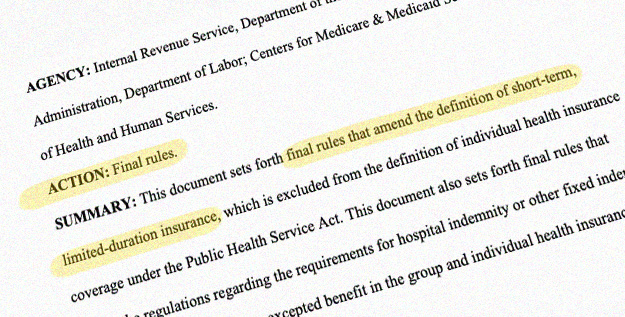January 7, 2025—Loan Rates Drop – Forbes Advisor – Technologist
Editorial Note: We earn a commission from partner links on Forbes Advisor. Commissions do not affect our editors’ opinions or evaluations.
The average interest rate on 10-year fixed-rate private student loans dropped last week. For borrowers pursuing private loans to fill in gaps to pay for higher education expenses, rates remain relatively low for borrowers with solid credit.
According to Credible.com, from December 30 to January 4, the average fixed interest rate on a 10-year private student loan was 6.95%. It was 9.45% on a five-year variable-rate loan. That’s for borrowers with a credit score of 720 or higher who prequalified on Credible.com’s student loan marketplace.
These rates are accurate as of December 30, 2024.
Related: Best Private Student Loans
Fixed-Rate Loans
The average fixed rate on 10-year private student loans last week declined by 0.06% to 6.95%. The week prior, the average stood at 7.01%.
Borrowers currently in the market for a private student loan will receive a lower rate than they would have at this time last year. At this time last year, the average fixed rate on a 10-year loan was 7.43%, 0.48% higher than today’s rate.
A borrower who finances $20,000 in private student loans at today’s average fixed rate would pay around $232 per month and approximately $7,804 in total interest over 10 years, according to Forbes Advisor’s student loan calculator.
Variable-Rate Loans
The average rate on five-year variable student loans moved up by 1.68% last week. Now it sits at 9.45%.
In contrast to fixed rates, variable interest rates fluctuate over the course of a loan term. Variable rates may start lower than fixed rates, especially during periods when rates are low overall, but they can rise over time.
Private lenders often offer borrowers the option to choose between fixed and variable interest rates. Fixed rates may be the safer bet for the average student, but if your income is stable and you plan to pay off your loan quickly, it could be beneficial to choose a variable loan.
Financing a $20,000 five-year private loan at 9.45% would yield a monthly payment of approximately $420. A borrower would pay $5,173 in total interest over the life of the loan. Keep in mind that since the interest rate is variable, it could change monthly.
Related: How To Get A Private Student Loan
What Are the Benefits of Private Student Loans?
While private student loans shouldn’t necessarily be your first financial aid option, they can come with a variety of benefits, including the following:
- You can often borrow as much as you need.
Some private lenders let you borrow up to your school-certified cost of attendance minus any previously awarded financial aid. - You might not have to pay fees.
The best private lenders don’t charge origination or disbursement fees, so you won’t have extra charges on your loan in addition to interest. - Good credit means better interest rates.
While your credit score doesn’t matter with most types of federal student loans, it does impact private borrowing. Lenders often offer competitive rates to borrowers with excellent credit or a creditworthy co-signer. - It’s easy to apply online.
Applying for a private student loan is often a quick online process that you can do at any time throughout the school year. Many lenders also let you prequalify for loans online, making it easy to shop around and compare offers from multiple banks. - International students may be eligible.
Some lenders provide loans for international students attending school in the U.S. If you’re an international student, you may have to apply with a U.S.-based co-signer to qualify. - Your lender may offer useful perks.
Depending on the lender, you may qualify for some, from interest rate discounts to cash-back bonuses. Some offer a range of repayment terms, lengthy grace periods, forbearance and deferment options and other borrower protections.
Who Is Eligible for a Student Loan?
Specific student loan requirements will vary by lender, but you typically need to be a U.S. citizen or qualifying non-citizen who meets the average age requirement in your state. Make sure you’re enrolled in or planning to enroll in an eligible program at a qualifying institution.
Moreover, you must meet the lender’s credit, income and debt-to-income ratio requirements. Most lenders look for a good credit score of 670 or higher, though specific requirements vary.
Some lenders require or prefer that you apply with a co-signer. A co-signer is a parent or a trusted adult who agrees to repay the loan if you miss payments. Some lenders allow a co-signer release after a certain period of on-time payments.

